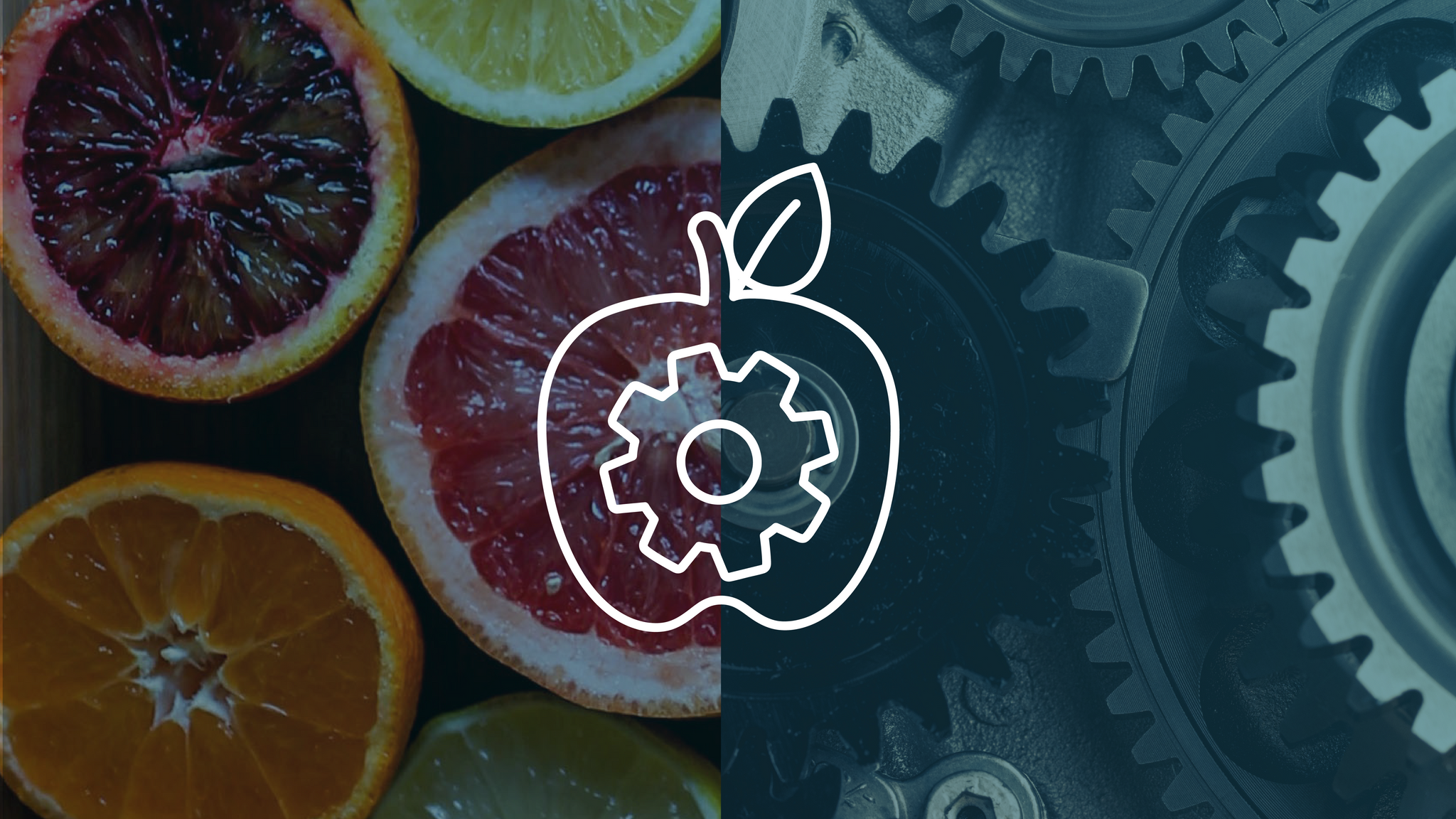Why you should be excited about Food Innovation - Part 3: FoodTech Advances
Anna Barlow
Published on

Startup innovations in the food space in the 15 months since COVID-19 have exploded, with many startups focusing on the eCommerce and home delivery space. Many of these startups are designed to enable consumers confined to their homes to access their favourite restaurants or boutique grocery stores. As we enter another week-long lockdown in Victoria, e-commerce solutions offering near contactless pickup or delivery are providing those at home a taste of what their local restaurants have to offer. They are also a lifeline for many food and beverage providers to keep their businesses running.
Whilst food production has been classed as an essential service, COVID-19 has restricted the movements of workers, changed the needs of consumers, caused the closure of food production facilities, restricted food trade policies, and created financial pressures in food supply chains. Whilst those of us with office-based jobs continue to work safely from home, workers involved in the growing, harvesting, processing or manufacture of our food supply are continuing to work on site.
Opportunities for innovation in food span the entire supply chain and cover all three innovation horizons:
- Horizon 1: solving today’s pains with technologies that unlock efficiency
- Horizon 2: developing adjacencies or solving challenges to existing products and services
- Horizon 3: completely new opportunities with disruptive business models.
In March, we launched our Food Innovation industry facing workshops designed to identify the biggest problems, challenges and opportunities food businesses in Australia are facing. Attended by over 20 different organisations representing startups, SMEs, multinationals, government and research sectors, each workshop focused on different opportunity areas, beginning with Circular Economy, followed by Fermented Food & Beverage, Food Tech Advances (which we'll discuss here), and finishing with Functional Foods. The final article will follow next month.
FoodTech Advances
Technologies that enhance the freshness, flavour and shelf-life of our food are as old as human civilisation. From the early solutions such as salt curing, to the invention of refrigeration, to more recent inventions such as high pressure processing, the quality and food safety of our food supply has improved dramatically. All of this thanks to advances in food technology.
Increasingly consumers are demanding more transparency of where their food is coming from, as well as the overall climate impact of their food’s production. The rise of the “Climatarian” provides ample opportunities for technologies such as blockchain to be leveraged for food. IFT’s Top 10 Food Trends of 2021 include Planetary Transparency + Societal care and new innovations in Plant-based proteins as focus areas for product development.
An observation by our guest speaker, Stuart Clark:
“Many current business challenges have likely been solved by someone else - the key is finding the right partnerships to help you solve it”
Perhaps that solution can be found in a startup.
Through our food innovation workshop on FoodTech Advances, we revealed the pains, challenges as well as opportunities facing Australian businesses today, through doing so we found that conversation focussed mostly on the intersection of: Traceability, Sustainability (particularly relating to packaging) and the Consumer.
Horizon 1
Primary Production
Protecting Australian exporters from food fraud is clearly an area where existing technologies can be applied. The application of blockchain technology will step change this, however we see this as a Horizon 3 opportunity, given the major business model changes required. For help solving current pains with the best available now, producers and exporters can access guidance through The Australian Guide to Implementing Food Traceability (AGIFT), developed by Deakin University’s Future Food’s Food Traceability Lab in partnership with GS1 Australia, Woolworths Group, and Meat and Livestock Australia’s Integrity Systems Company.
Packaging
The 2025 Australian Packaging Covenant National Packaging Targets are ambitiously aiming for 100% of packaging being reusable, recyclable or compostable by 2025. The businesses we heard from are well into their programmes to achieve these targets, however several attendees expressed stumbling blocks along the way. Achieving targets of 70% of plastic packaging being recycled or composted by 2025, or 50% of average recycled content included in packaging by 2025 means that there is often a trade off between shelf life / functionality and sustainability. Some companies expressed challenges with consumer perception of quality, due to a reduction in packaging material weight. Effectively the move to a more sustainable packaging risks devaluing the consumer value proposition, making changes challenging to achieve whilst maintaining consumer satisfaction. Both small and large businesses expressed a desire to “test & learn” with consumers trialling different packaging solutions, however cited large minimum order quantities (MOQs) as a barrier.
Horizon 2
The Consumer
Challenges cited by businesses related primarily to a reluctance to adopt new innovations by the mass consumer, particularly when it comes to sustainable solutions. Businesses are looking for support to facilitate & expedite experimental production of sustainable solutions, to test with consumers at lower barriers to entry - perhaps through smaller production runs, where the appetite to take risks is higher.
Ways to encourage or incentivise Australians to shop more sustainably are also required. Ultimately businesses are still seeing that price and quality remain the primary and secondary drivers of most shoppers purchasing decisions. How might we incentivise shoppers to shop more sustainably in a similar way that the AAMI Safe Drivers app incentivises safe driving?
Horizon 3
Verified: Traceable & Sustainable
Australian food businesses that leverage increasingly available technology such as blockchain to give their consumers full transparency of where their food comes from will be far better positioned to enter new markets in the post-COVID19 world. To do this effectively will require new partnerships and potentially new business models, however the paybacks will be many. Availability of real-time, at your fingertips data will enable manufacturers to immediately substantiate their on-pack claims and conduct on-demand food safety monitoring, whilst consumers will be provided with full transparency of where their food and packaging comes from.
Wrap Up
Innovations in food have been changing the way we live and eat for centuries. Food, as well as being essential for us to live is a huge part of the fabric of our society. As an industry, it is a highly collaborative network of primary producers, manufacturers, retailers and consumers. As technology has advanced and created some of the challenges we now face (e.g. packaging and food waste), technology is also advancing to help us solve these challenges.
If you are a startup, SME or corporate interested in learning more about our FoodTech Innovation programme please reach out to Anna Barlow, Partner - Food Innovation via email: anna@startupbootcamp.com.au
